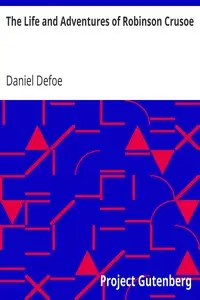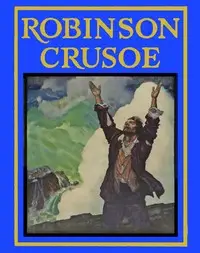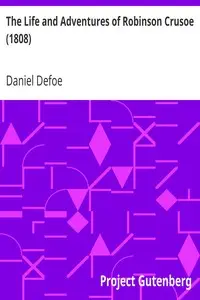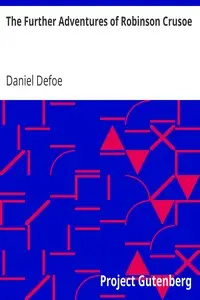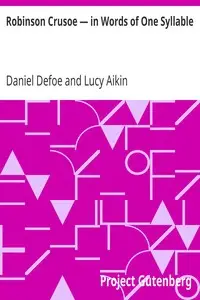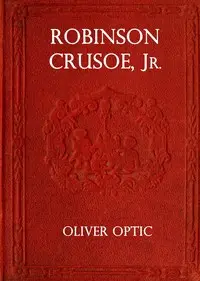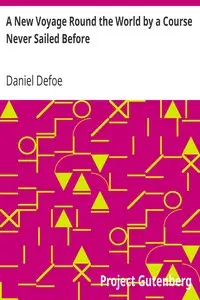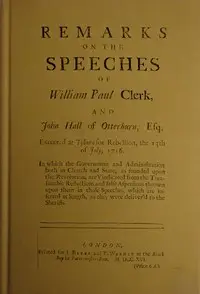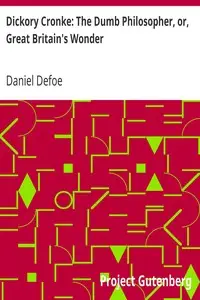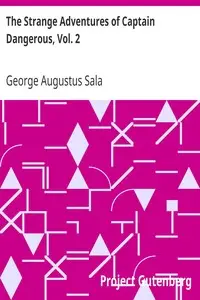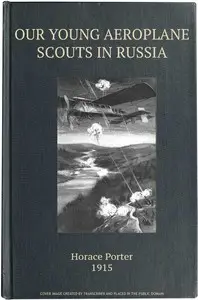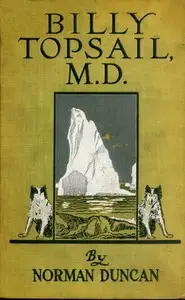"Robinson Crusoe, Told to the Children" by John Lang, adapting Daniel Defoe’s original story, is an adventure that follows a young man, Robinson Crusoe, who abandons his comfortable home to pursue a life at sea, against his father's advice. His dreams soon become a nightmare when he becomes shipwrecked on a deserted island, alone and forced to find ways to survive. He struggles with fear and loneliness but slowly learns to build a life for himself, using whatever he can find and developing new skills. His experiences change him from a simple young man into a strong and capable survivor, facing challenges that test his spirit and teach him the value of resilience and resourcefulness as he encounters numerous trials, discoveries, and other encounters.
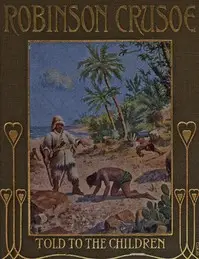
Robinson Crusoe, Told to the Children by John Lang
By Daniel Defoe
A young man's thirst for adventure leads to isolation on a deserted island, where he must overcome incredible challenges to survive.
Summary
About the AuthorDaniel Defoe was an English novelist, journalist, merchant, pamphleteer and spy. He is most famous for his novel Robinson Crusoe, published in 1719, which is claimed to be second only to the Bible in its number of translations. He has been seen as one of the earliest proponents of the English novel, and helped to popularise the form in Britain with others such as Aphra Behn and Samuel Richardson. Defoe wrote many political tracts, was often in trouble with the authorities, and spent a period in prison. Intellectuals and political leaders paid attention to his fresh ideas and sometimes consulted him.
Daniel Defoe was an English novelist, journalist, merchant, pamphleteer and spy. He is most famous for his novel Robinson Crusoe, published in 1719, which is claimed to be second only to the Bible in its number of translations. He has been seen as one of the earliest proponents of the English novel, and helped to popularise the form in Britain with others such as Aphra Behn and Samuel Richardson. Defoe wrote many political tracts, was often in trouble with the authorities, and spent a period in prison. Intellectuals and political leaders paid attention to his fresh ideas and sometimes consulted him.

